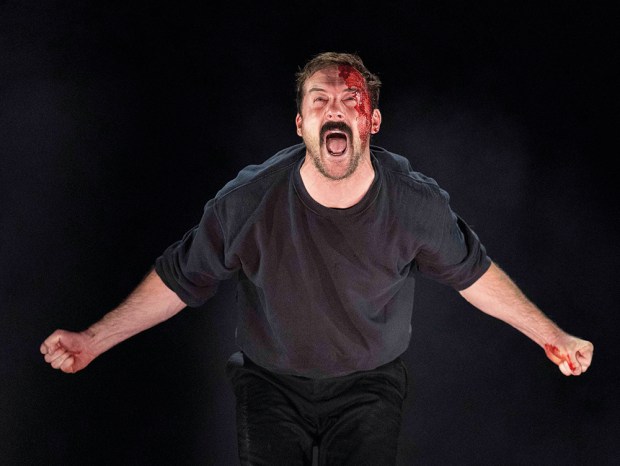Dominic Cooke did it at the Royal Court. Now Ed Hall is having crack as well. Cooke’s crazy decision to place his theatre at the disposal of young scribblers prompted the emergence of several brilliant new female playwrights, some barely out of their teens. Ed Hall, following suit, has brought a play by newcomer Melanie Spencer into the Hampstead’s studio space downstairs.
Already a subscriber? Log in
Subscribe for just $2 a week
Try a month of The Spectator Australia absolutely free and without commitment. Not only that but – if you choose to continue – you’ll pay just $2 a week for your first year.
- Unlimited access to spectator.com.au and app
- The weekly edition on the Spectator Australia app
- Spectator podcasts and newsletters
- Full access to spectator.co.uk
Or
Unlock this article
You might disagree with half of it, but you’ll enjoy reading all of it. Try your first month for free, then just $2 a week for the remainder of your first year.














Comments
Don't miss out
Join the conversation with other Spectator Australia readers. Subscribe to leave a comment.
SUBSCRIBEAlready a subscriber? Log in